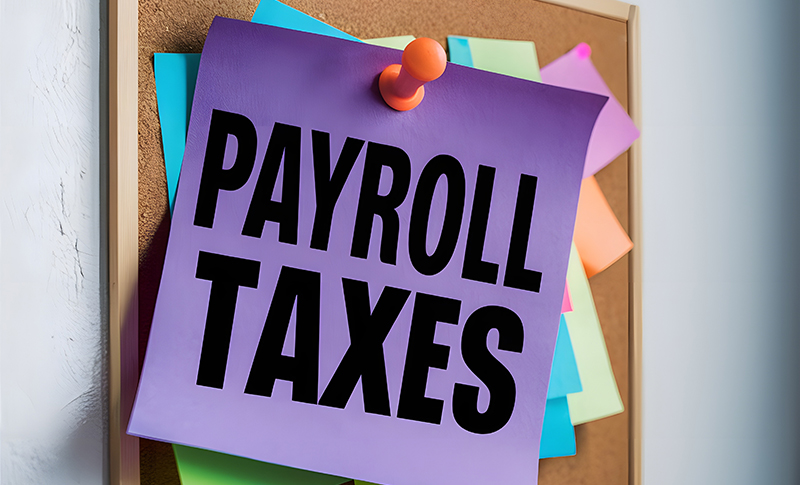Can I deduct my child's student loan interest?
October, 29 2020 by Steve Banner, EA, MBA
Yes, of course you can – well, maybe. Like so many other tax breaks, credits and deductions that are designed to help taxpayers balance their budget at year-end, the student loan interest deduction for parents comes with a list of conditions that must be met.
Student Loan Interest Deduction Conditions
First of all, the child must have been your dependent when you took out the loan and it must be related to his or her enrollment at least half-time in a program leading to a degree, certificate or other recognized credential at an eligible educational institution. Also, you must be legally responsible for the loan and it must have been taken out for the sole purpose of paying qualified education expenses. This includes tuition, fees, room and board, books and other necessary expenses related to the child’s education program.
How Much Interest Can You Deduct?
As long as you’re not filing your tax return as Married Filing Separately and you didn’t borrow the money from a relative or a qualified employer plan, you can deduct up to $2,500 of your student loan interest expenses each year. However, the amount of your deduction is limited if you are filing jointly with your spouse and your modified adjusted gross income (MAGI) is greater than $140,000. The entire deduction is lost if your MAGI is $170,00 or more. For Single, Head of Household and Qualifying Widow(er) taxpayers, the deduction begins to phase out when MAGI exceeds $70,000 and it is reduced to zero when MAGI is $85,000 or more. These are the income thresholds that apply to 2019 and 2020, and they will likely be adjusted in future years.
Assuming all the above conditions have been met, you can indeed deduct the interest on your child’s student loan – regardless of who actually made the loan payments.
So, if a generous grandmother decides to pay a few months’ worth of the loan installments, not only are you relieved of paying the principal for that period, but you also get to deduct the interest payments on your tax return. It’s not often that the tax code offers you free money like that!





